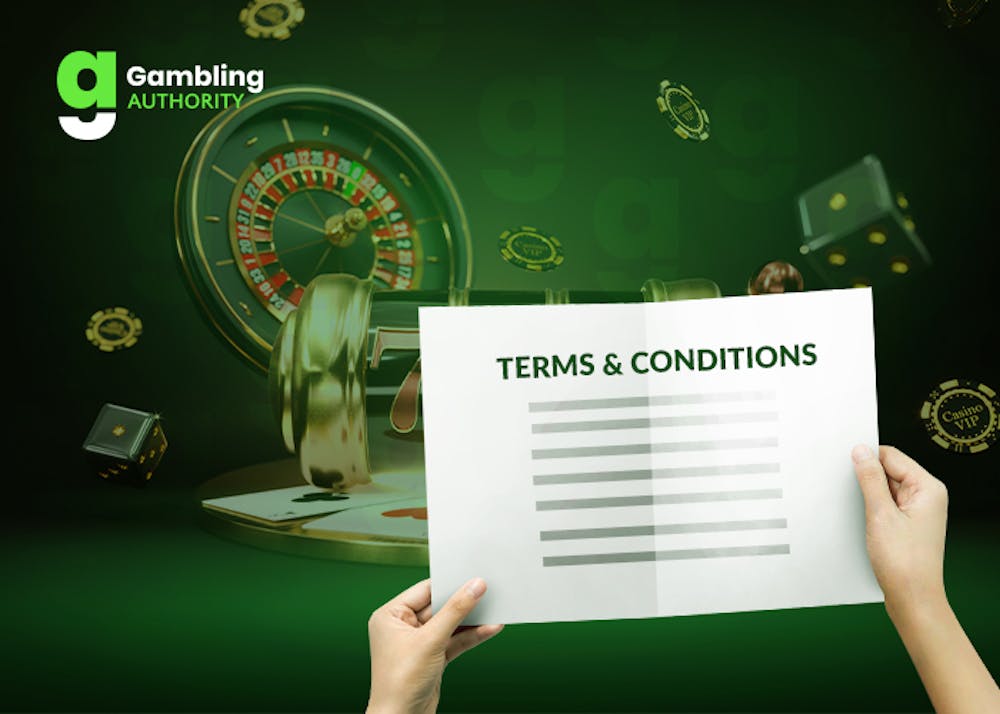How Is Gambling Taxed in the UK?


We are always told that there are two things certain in life, death and taxes.
However, when it comes to gambling in the UK, that may not be the case.
The UK gambling industry is the largest in the world, with a gross earning revenue of £14 billion last year alone. On top of this, just over a quarter of the British population admit to gambling weekly, whether it is participating in bingo, buying scratchcards or lottery tickets, or playing at online casinos. The number of active online accounts at licensed betting and casino sites in the UK amounts to 31.88 million.
So it is fair to say that gambling is a rather popular pastime in Great Britain.
But what about gambling tax laws in the country?
Unlike countries like the United States and France, gambling winnings are not taxed in the UK. The main reason for this is that if they were, gambling losses would also be tax deductible. Since the majority of people lose far more than they win, the authorities saw it fit just to drop tax completely on winnings and losses for individual punters. But more on this later.
This guide will answer the most popular questions UK residents have about taxes on gambling winnings, such as taxes on lottery wins, to the taxes imposed by the government on casino and betting sites.
Let’s begin with the most common question…
Are There Gambling Taxes In The UK?
As mentioned earlier, gambling has always been a popular activity in the UK, with people engaging in various forms of gambling, including lotteries, bingo, and casino games. As a result, gambling taxes have been a significant source of revenue for the government. However, the question is, are there gambling taxes in the UK, and if so what kind?
The answer is yes; there are gambling taxes in the UK, but not for individual players.
The government imposes a tax levy on various types of gambling operators, which include sportsbooks, physical casinos, and online casino sites. The taxes are levied to ensure that the government receives a fair share of the profits generated by the gambling industry. For example, Her Majesty’s Revenue and Customs collected £2.9 billion in gaming-related duty in 2017 alone.
The rate of tax for online gambling is 21% of the profits generated by the operator. The government also imposes a duty on gaming machines and other gaming equipment.
So while you do not have to worry about taxes while gambling, rest assured that the government is benefitting from your activities as a percentage of the profits from casino and betting operators help the economy, a number which ranges in the billions.
What about Professional Gambling?
Professional gambling is a type of gambling where individuals earn their living by gambling. However, Her Majesty’s Revenue and Customs does not make a distinction between professional and casual gamblers in the UK. So making a living out of strictly gambling on the British Isles is not considered trading. However, it is advised to let the HRMC know about your circumstances.
Keep in mind though, that if you earn a gambling win in jurisdictions outside the UK, you will be subjected to a local withholding tax.
Also, the tax-free gambling distinction does not apply to earnings you make if it is unrelated to pure gambling. For instance, if you are making appearances and charging a fee due to your gambling expertise and celebrity status, you will have to pay taxes on these incomes.
Remember to Record Your Winnings
While you are not required to pay tax on your winnings, it is a good idea to keep a record of your winnings and losses. Keeping a record of your winnings and losses can help you calculate your profits and losses accurately. It also helps you prove your income if required.
Driving around in a new Rolls Royce without tax records proving you make a wealthy living might raise a few flags.
What about Bingo, Scratchcards and the lottery?
For those who love picking up a few scratchcards now and then, or participating in a nice game of bingo, the good news is that the winnings from these forms of gambling are tax-free. Again, this only applies to those residing in the UK. If living in a country where gambling winnings are taxable, you will be subject to a tax.
Who Pays The Tax?
So, if individuals don’t pay taxes on winnings, how can the gambling industry contribute so much to the UK economy?
The answer is simple. The gambling operator is responsible for paying taxes on their profits, which is a lot.
The tax is levied to ensure that the government receives a fair share of the profits generated by the gambling industry. The government also imposes a duty on gaming machines and other gambling equipment.
A Brief History of UK Gambling Laws

Great Britain has had long and complicated relationships with a lot of entities throughout the years and gambling is no exception.
The UK government legalised gambling shops in the 1960s, and since then, the gambling industry has grown significantly.
For the first 40 years, punters were subject to a 9% levy for stakes or winnings. However, this was abolished in 2001 and replaced with a 15% tax on operator profits. However, this only applied to gambling sites based in the UK, and rather than risk losing revenue to offshore gambling sites, the UK Government amended the Gambling Act to incorporate the tax levy at the point of consumption rather than a point of supply. This meant that gambling companies looking to make a profit out of Britons would have to have a UK gambling license and pay a 15% levy.
Of course, this made UK-based bookies more competitive than ever before, and the UK gambling industry has exploded ever since.
Why not win some Tax-Free Money?
So there you have it.
In short, you get to keep the entirety of your gambling winnings, should you be lucky enough to have some.
With that in mind, why not check out the best payout casinos the UK has to offer and try your hand at winning some tax-free money?
Latest Guides

With an education from the University of Cambridge and while working with iGaming for the last seven years, Stephen has obtained a lot of knowledge about the industry. He usually writes about the different types of online casinos, casino bonuses and various gambling strategies.
Read more about the author




